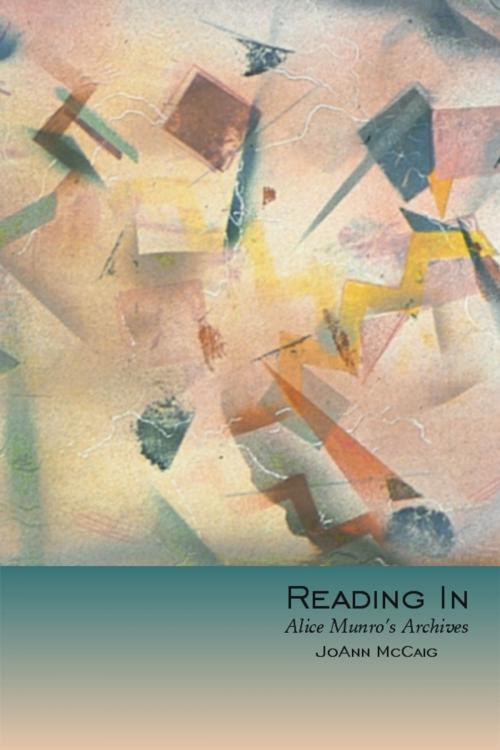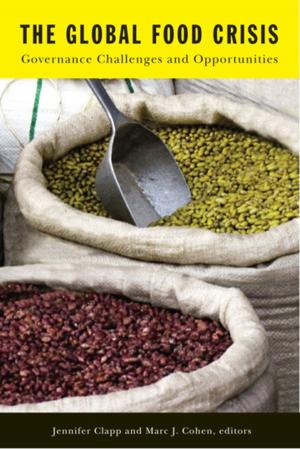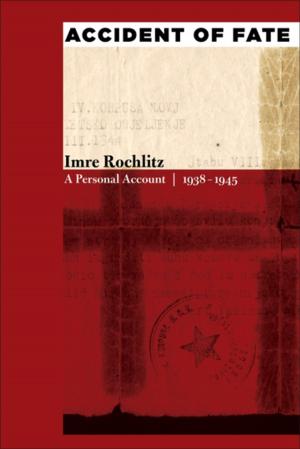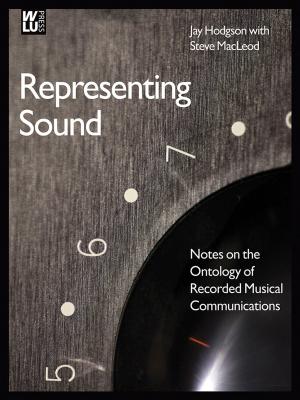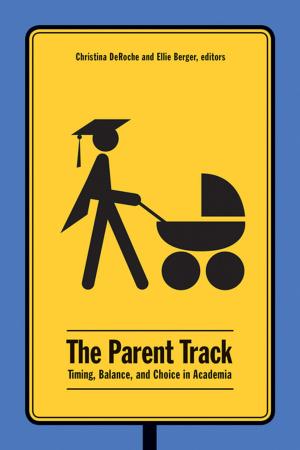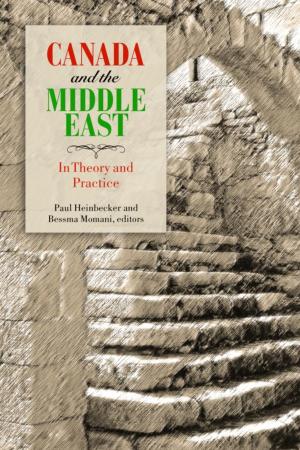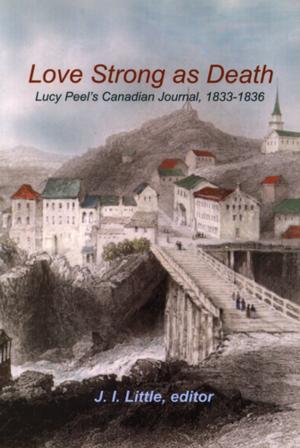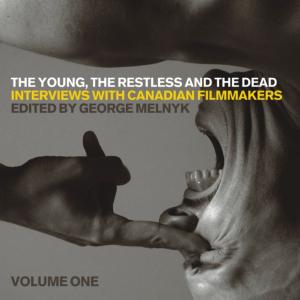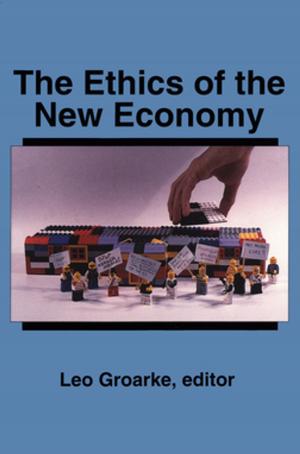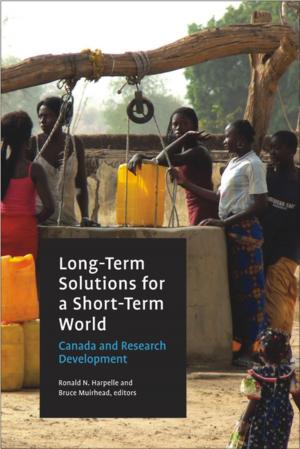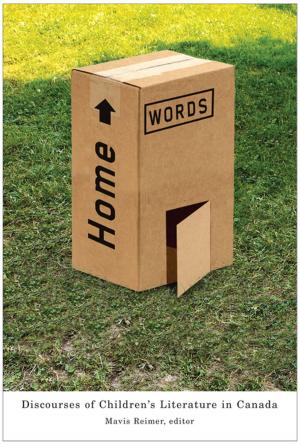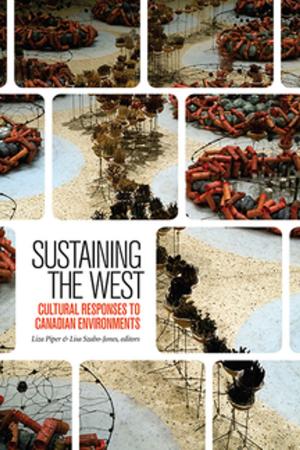Reading In
Alice Munro’s Archives
Fiction & Literature, Literary Theory & Criticism, Women Authors, Nonfiction, Social & Cultural Studies, Social Science, Gender Studies, Women&, Biography & Memoir, Literary| Author: | JoAnn McCaig | ISBN: | 9781554587438 |
| Publisher: | Wilfrid Laurier University Press | Publication: | October 21, 2009 |
| Imprint: | Wilfrid Laurier University Press | Language: | English |
| Author: | JoAnn McCaig |
| ISBN: | 9781554587438 |
| Publisher: | Wilfrid Laurier University Press |
| Publication: | October 21, 2009 |
| Imprint: | Wilfrid Laurier University Press |
| Language: | English |
What can we learn about authorship through a reading of a writer’s archive?
Collections of authors’ manuscripts and correspondence have traditionally been used in ways that further illuminate the published text. JoAnn McCaig sets out to show how archival materials can also provide fascinating insights into the business of culture, reveal the individuals, institutions, and ideologies that shape the author and her work, and describe the negotiations that occur between an author and the cultural marketplace. Using a feminist cultural studies approach, JoAnn McCaig “reads in” to the archives of acclaimed Canadian short story writer Alice Munro in order to explore precisely how the terms “Canadian,” “woman,” “short story,” and “writer” are constructed in her writing career. Munro’s correspondence with mentor Robert Weaver, agent Virginia Barber, publishers Doug Gibson and Ann Close, and writer John Metcalf tell a fascinating story of how one very determined and gifted writer made her way through the pitfalls of the culture business to achieve the enviable authority she now claims.
McCaig’s discussion of her own difficulties with obtaining copyright permission for the book raises important questions about freedom of scholarly inquiry and about the unforeseen difficulties and limitations of archival research. Despite these difficulties, McCaig’s reading of the Munro archives succeeds in examining the business of culture, the construction of the aesthetic, and the impact of gender, genre, nationality, and class on authorship. While on one level telling the story of one author’s career — the progress of Alice Munro, so to speak — the book also illustrates how cultural studies analysis suggests ways of opening up the rich but underutilized literary resource of authorial archives to all researchers.
What can we learn about authorship through a reading of a writer’s archive?
Collections of authors’ manuscripts and correspondence have traditionally been used in ways that further illuminate the published text. JoAnn McCaig sets out to show how archival materials can also provide fascinating insights into the business of culture, reveal the individuals, institutions, and ideologies that shape the author and her work, and describe the negotiations that occur between an author and the cultural marketplace. Using a feminist cultural studies approach, JoAnn McCaig “reads in” to the archives of acclaimed Canadian short story writer Alice Munro in order to explore precisely how the terms “Canadian,” “woman,” “short story,” and “writer” are constructed in her writing career. Munro’s correspondence with mentor Robert Weaver, agent Virginia Barber, publishers Doug Gibson and Ann Close, and writer John Metcalf tell a fascinating story of how one very determined and gifted writer made her way through the pitfalls of the culture business to achieve the enviable authority she now claims.
McCaig’s discussion of her own difficulties with obtaining copyright permission for the book raises important questions about freedom of scholarly inquiry and about the unforeseen difficulties and limitations of archival research. Despite these difficulties, McCaig’s reading of the Munro archives succeeds in examining the business of culture, the construction of the aesthetic, and the impact of gender, genre, nationality, and class on authorship. While on one level telling the story of one author’s career — the progress of Alice Munro, so to speak — the book also illustrates how cultural studies analysis suggests ways of opening up the rich but underutilized literary resource of authorial archives to all researchers.
